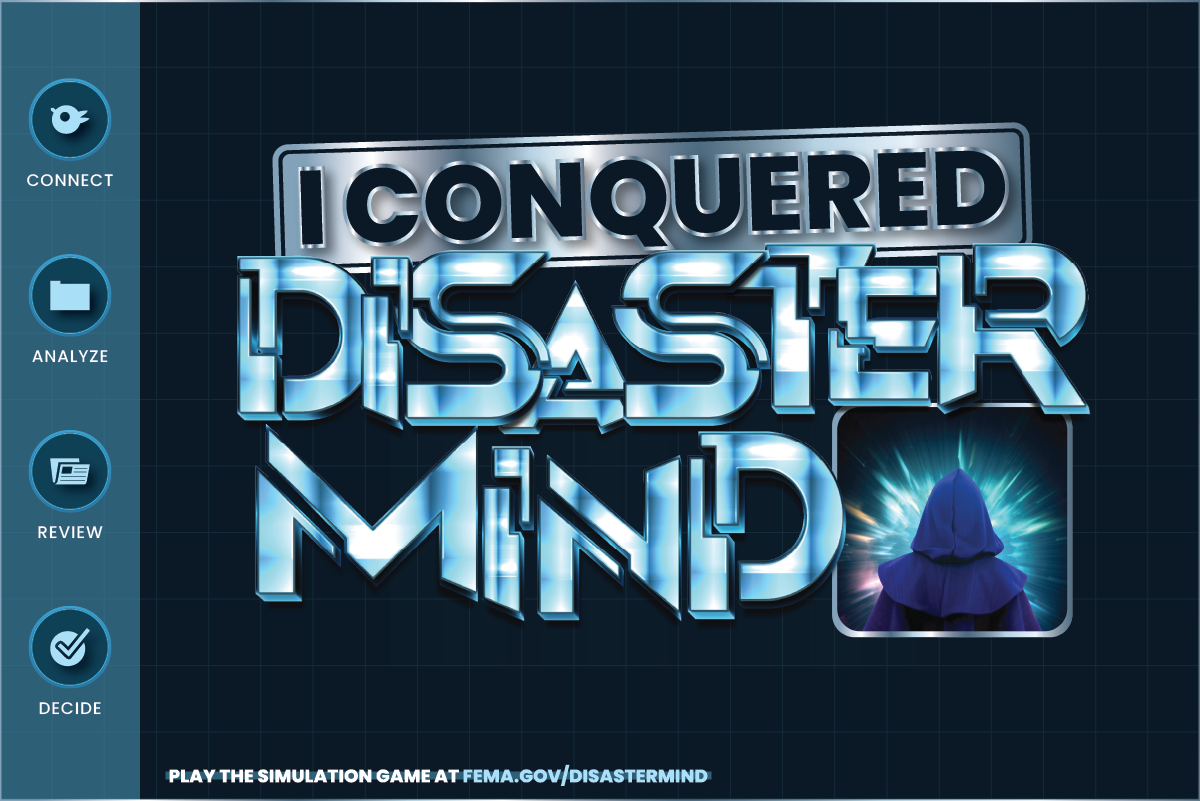
FEMA’s New Game, Built on iThrive Sim, Preps Teens for Natural Disasters
FEMA's new game Disaster Mind, built on iThrive Sim, is a readiness and resilience-building simulation game that supports teens' disaster preparedness skills.
With natural disasters come disruptions and decisions.
Disaster Mind, a game created by the Federal Emergency Management Agency (FEMA) in partnership with iThrive Games, simulates all three in an immersive experience that makes the power of preparedness clear to all who play it.
The game puts the player in a world where they must navigate severe weather events, stay informed, and make decisions that impact how the story unfolds. Players expand their understanding of disaster preparedness as they contend with the unexpected, manage its accompanying stress, and act timely and effectively while under it.
Disaster Mind has been both thought- and action-provoking. The teens and young adults who have playtested it tell us that they are applying their game-based learnings to their real worlds and real lives soon after playing. "I should go home and make sure my family is prepared just in case something happens, " shared one teen after playing. "I've discussed with my family about disasters. We are making plans for them and intend on making them as clear and as direct as possible for everyone to stay safe during disasters," shared another.
As a resilience-building game, Disaster Mind seeks to empower young people with transformative education that helps them reach similar realizations. The impactful gameplay aims to activate and support their planning, involvement, and leadership in their network's preparedness efforts. "Young people are agents of change in their households, schools, and communities," shares Daniel Nyquist, the National Preparedness Deputy Director of FEMA Region 8. "iThrive helped us lean into their wisdom and lived experiences to design and produce Disaster Mind, and in the end, we have a compelling game that meaningfully helps their peers build skills supportive of their resilience and practices reflective of an intentional mindset."
DESIGNING FOR IMPACT: THE CO-DESIGN PROCESS
Our co-design process with and for teens is care in action and when brought to collaborations with partnering organizations, like FEMA, helps create a supportive context for discovery and powerful game design.
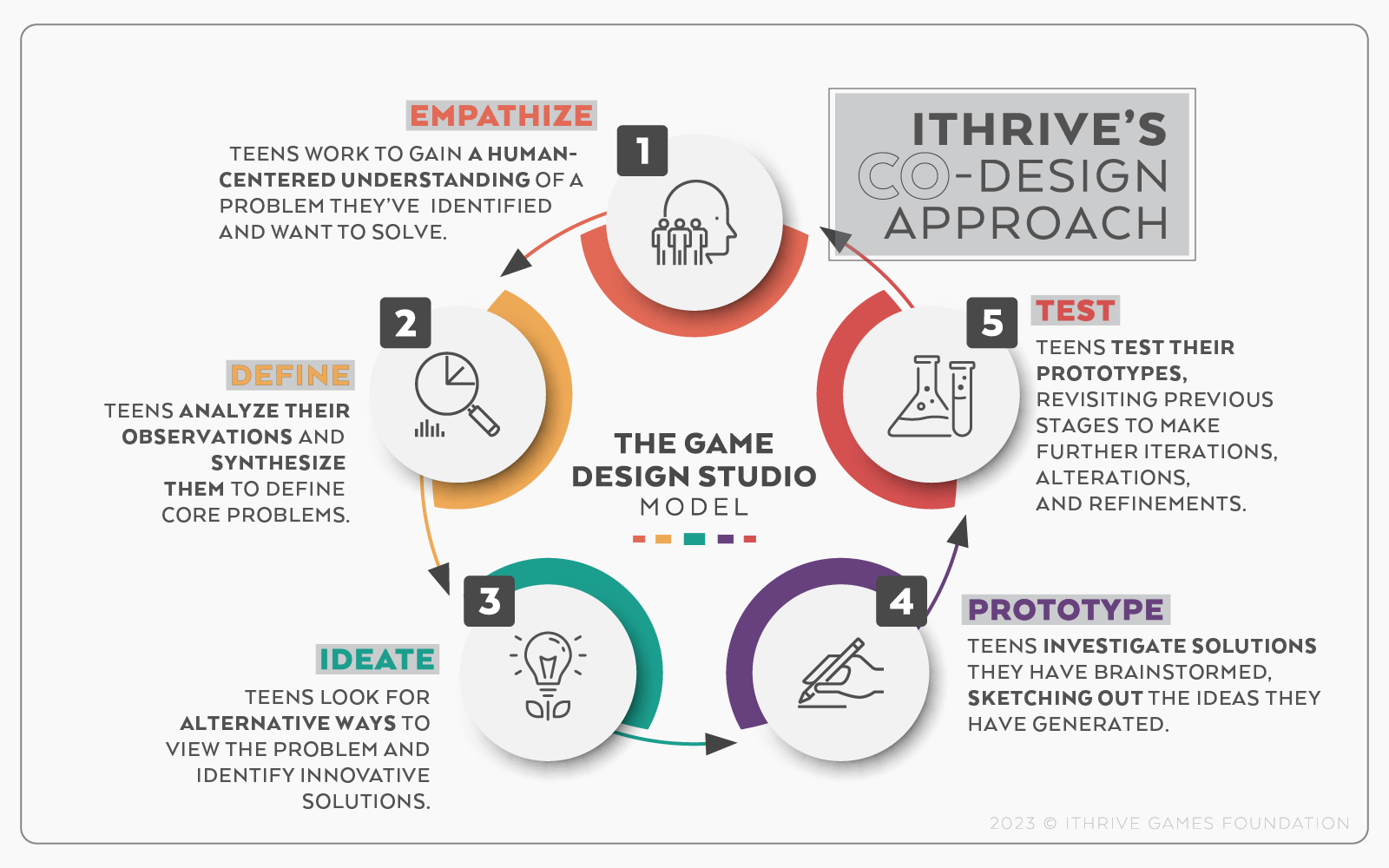
Explore some of the activities that make up iThrive Games' Game Design Studio model here.
The development of Disaster Mind began with co-design workshops with teens living in the states and territories served by FEMA Region VII (twenty-nine Tribal Nations, Colorado, Montana, North Dakota, South Dakota, Utah, and Wyoming). These gatherings sought to gauge their needs and understanding of the challenge Disaster Mind seeks to address. Teen co-designers surfaced themes that were top-of-mind for them, including the wellbeing of their pets, resource coordination, knowing which experts to trust, and cultivating the emotional ability to cope with disasters.
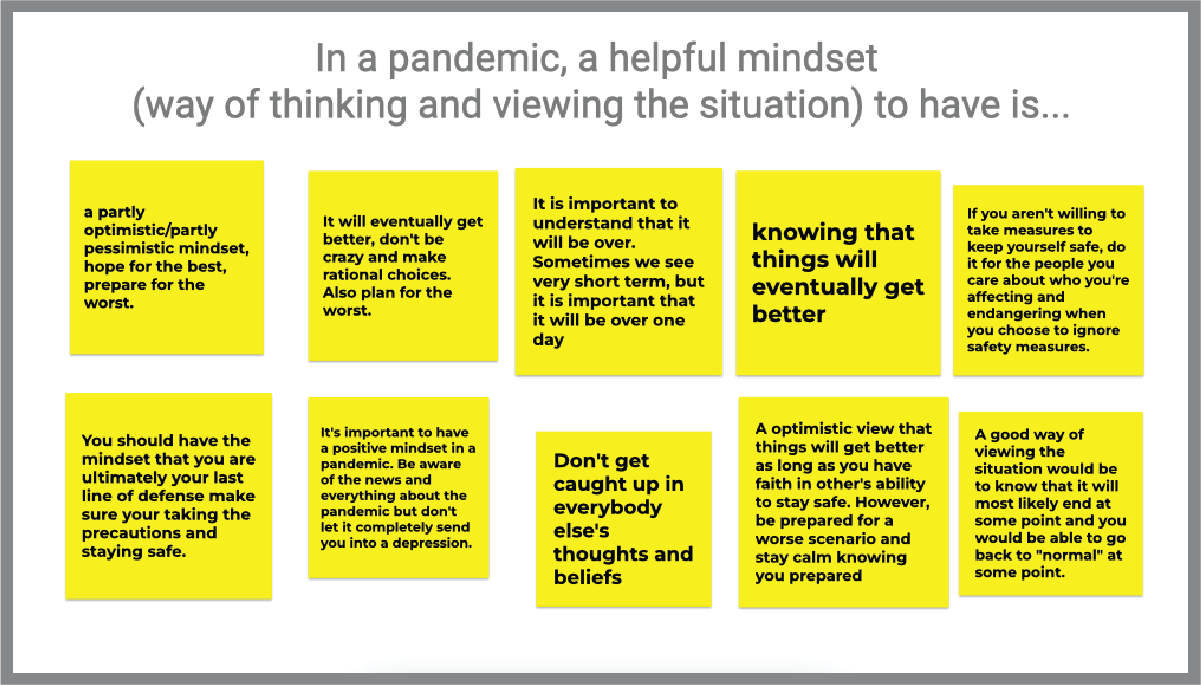
A snapshot of a Google Jamboard from an early co-design session held with teens virtually.
"Throughout this process, teens have been vulnerable, open, and generous in the sharing out of their ideas and wisdom. In their self-awareness, they've tapped into their firsthand experiences with hard topics to help make Disaster Mind relevant and responsive to their needs," shared Jane Lee, Senior Director of Operations and Mental Health at iThrive Games after our first co-design session in March 2022. "What they have contributed with their time, creativity, and retelling of their experiences navigating disruptions and shifts, has translated into a resonant resilience-building activity for their peers."
The themes and experiences teens shared with the design team and FEMA's emergency management specialists turned into actionable insights that informed Disaster Mind's content, ensuring the play experience we created was relevant, memorable, and responsive for teens.
MINDSET MATTERS IN DISASTER MIND
The work of disaster preparedness, response, and recovery is emotional. To convey this authentically and meaningfully in Disaster Mind, iThrive Sim—an award-winning platform that hosts single-player and multiplayer social and emotional skill-building simulations—was selected as the game's engine.
"iThrive Sim supports a 'learn by doing' approach where teens' emotions are ignited and used to support their active social and emotional skill-building," shares Dr. Susan Rivers, iThrive Games' Executive Director and Chief Scientist. "Each game offered via the platform is steered by teens' improvised interactions and real-time decisions, while the tech enables the modulation of stress and monitors in-game behaviors taken in response."
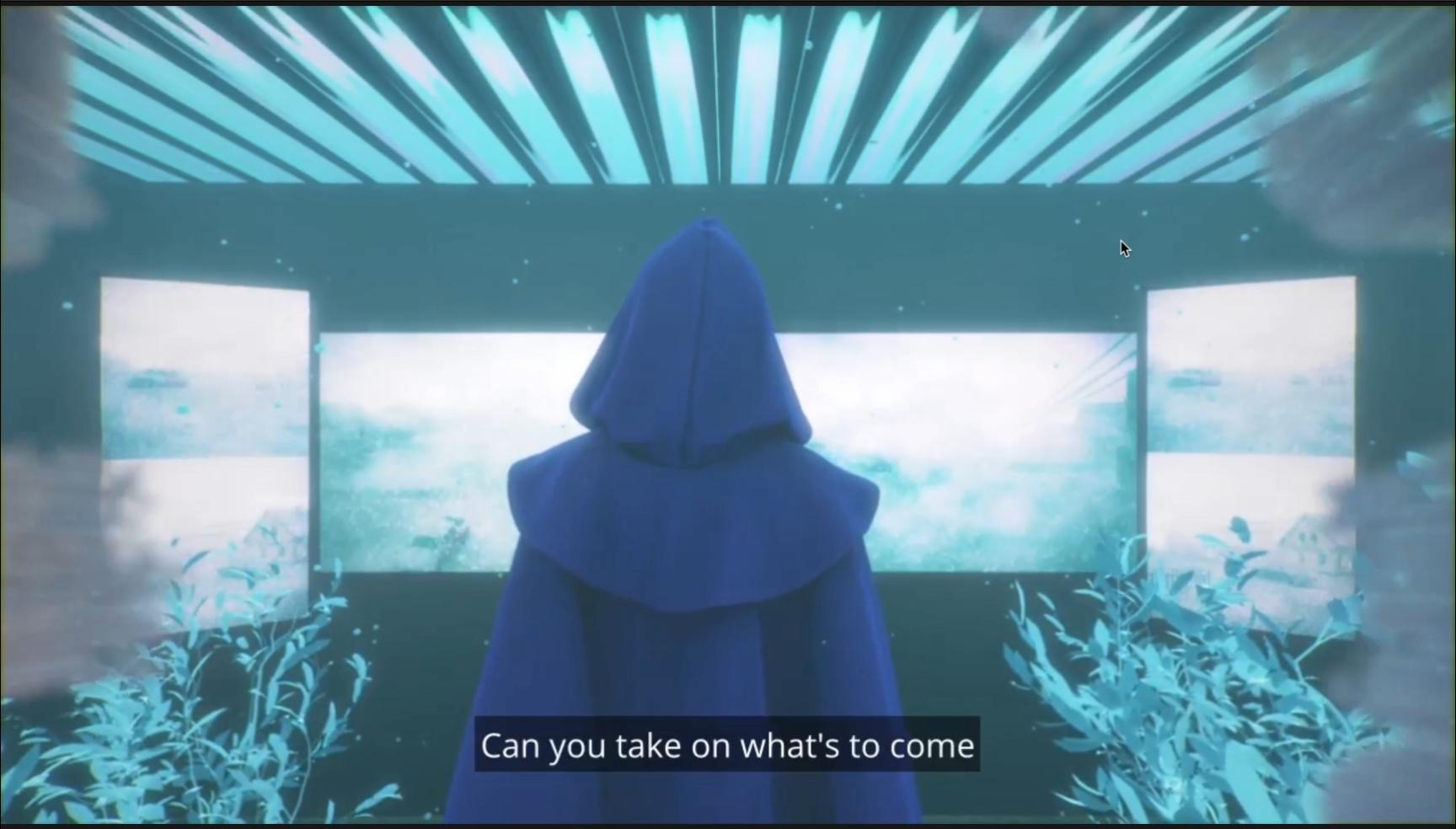
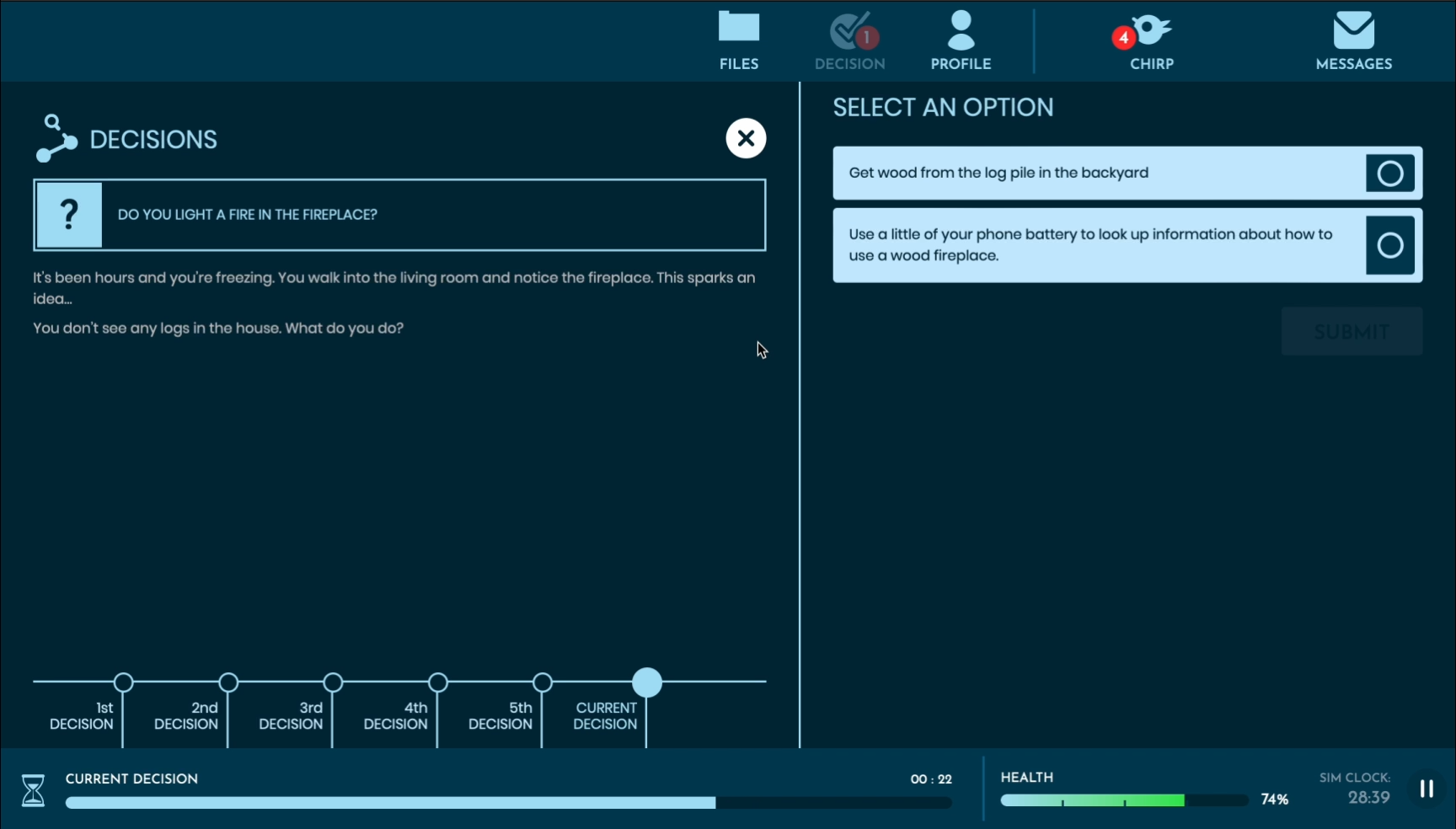
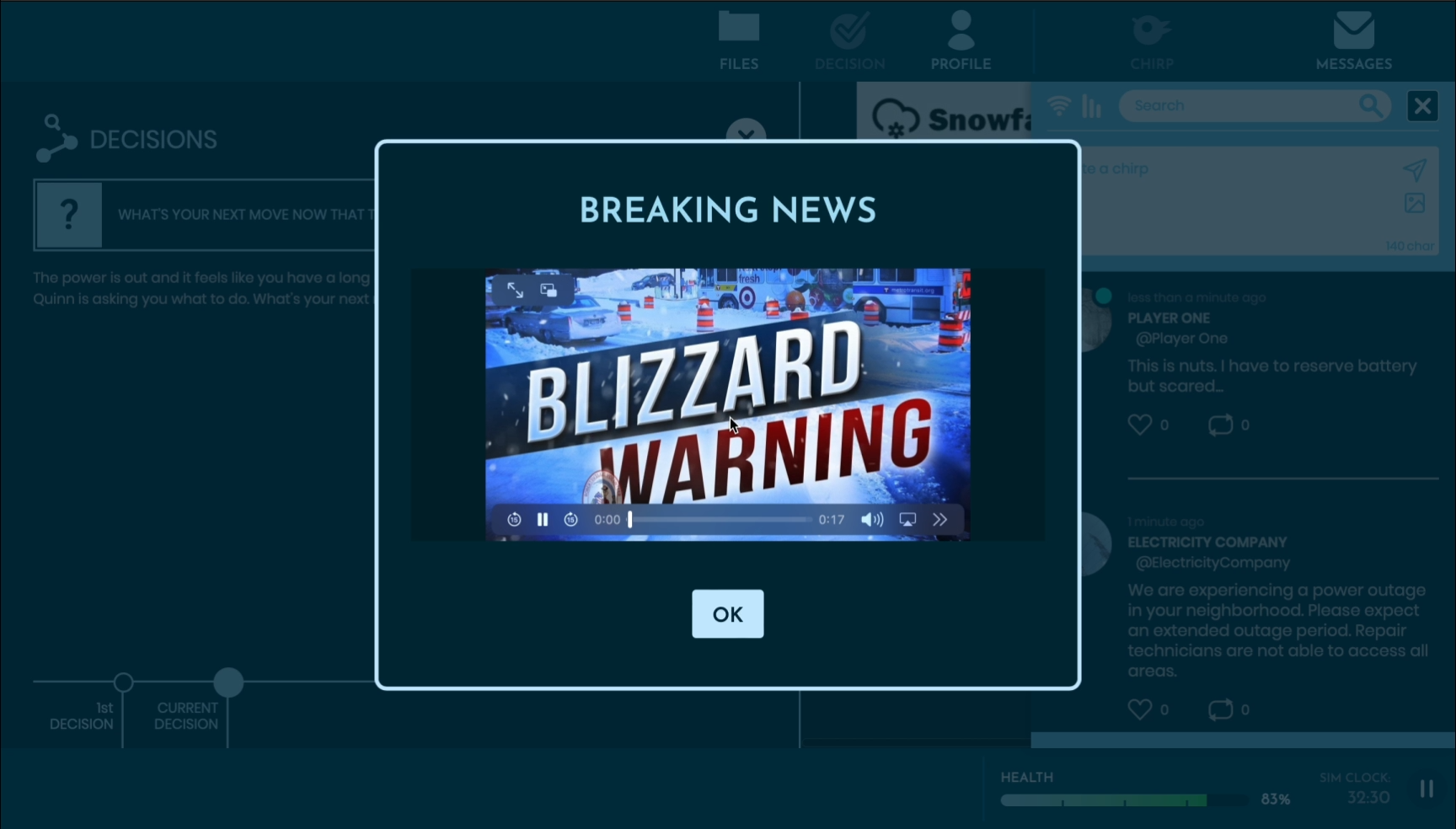
Screenshots of Disaster Mind, hosted exclusively on the iThrive Sim platform.
Using iThrive Sim's game mechanics, Disaster Mind invites players to practice social and emotional skills, like emotional regulation and responsible decision-making, while strategizing and solving their way through the game. By scaffolding this valuable skill-building with educational content meant to prepare teens for disasters, players grow familiar with the practices to lean on when complex emotions surface and the constructive mental pathways to call on when a natural disaster occurs.
Mindset matters as gameplay supports young people in being aware and actionable. Teens come to see through Disaster Mind's impactful play experience that underpinning the creation of a supply kit, or emergency go bag is an intentional mindset where one believes emergencies can happen to them and knows how to prepare.
'KNOW WHAT YOU PLAN TO DO': WHAT TEENS SAY ABOUT DISASTER MIND
True to our co-design process, teens across the country have been playing and testing Disaster Mind ahead of its launch later this year. Players reported feeling more confident in being able to prepare for an emergency and in managing the associated stress. Most report that they intend to talk to their family about an emergency preparedness plan, with many mentioning specific disasters, exit plans, emergency kits, and meeting locations.
After playtesting Disaster Mind, teens shared the following:
- "This game made me realize these types of disasters can really happen to anyone and you should always be prepared for the worst."
- "I think that it would be important in terms of cell service or other accidents to have a solid plan."
- "I now know to have a defined plan to be prepared if there were to be a natural disaster, especially if the family gets split, we should have a meeting spot."
- "Like it said in the game, you never know or never expect it to happen to you but it very well can."
- "I do intend on asking my parents if we do have a plan for if there were an earthquake. Living in an earthquake prone place, I realized that it is essential to have a plan with my family."
- "After [this] simulation, I feel like it is important to know what you plan to do."
The post-game reflections shared by young people attest to the power of the simulation. "Natural disasters are a challenge in today's world and will surely be one in the world teens and future generations will inherit," shares Stephanie Poore, the National Preparedness Branch Chief of FEMA Region 8." With Disaster Mind, our goal is to ensure teens are ready, aware, prepared, and practicing the skills that support their capacity when they strike."


